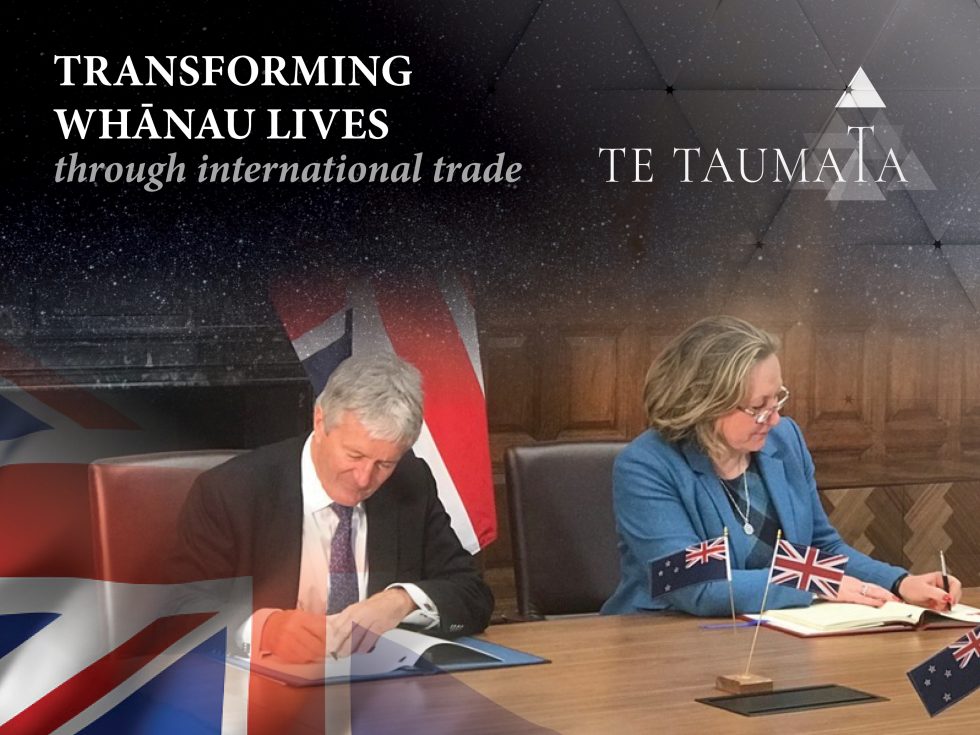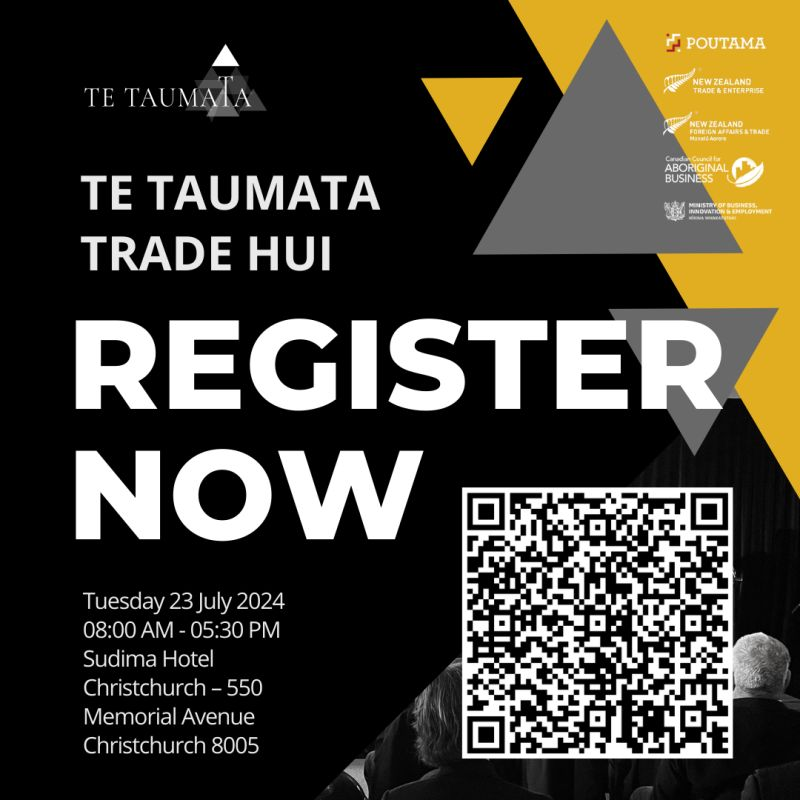Under the shadow of war across Europe, we are reminded of our soldiers of the 28th Māori Battalion who fought on the same battlefields in World War II as we witness today the signing of a landmark Free Trade Agreement (FTA) with the United Kingdom, Te Taumata Chairman Chris Karamea Insley says.
“kia maumahara tatou kia rātou”
“This agreement breaks new ground in acknowledging and recognising Māori interests across the agreement, recognition of the Treaty of Waitangi, and the inclusion of a dedicated chapter on Māori Interests.”
The nature of this new agreement is fitting and recognises the significant contribution of our soldiers in WWII, Mr Insley says.
“We are thrilled to see language around kaitiakitanga, mauri and whakapapa explicitly included in the Environment chapter, reflecting the importance of the environment to our people.
“This chapter also commits both countries to not derogating from their environmental laws when trying to boost trade and investment, meaning our precious Māori resources cannot be exploited.
“Taking steps to get rid of fossil fuel subsidies and reduce trade barriers on ‘green’ goods and services are also great outcomes for Māori, since climate change is a significant threat to our communities and mokopuna.
“We are pleased to see commitments to working together to address harmful fishing subsidies, which reduce world prices for our brilliant and sustainable kaimoana exports.

“I want to acknowledge the hard work and commitment of New Zealand’s lead trade negotiator, Vangelis Vitalis, for both his effort at the negotiating table and, importantly, for breaking new ground in enabling our whānau and Māori exporters voices to be heard into these negotiations.
“As he says, ‘if it wasn’t for the effort of Te Taumata, we would not have made the gains on fisheries, wine, manuka honey and intellectual property and much more’.
“I also want to acknowledge the effort of our Ministers Nanaia Mahuta (Foreign Affairs) and Damien O’Connor (Trade) for not only championing Māori interests but equally for making the time to travel across the motu to talk to and hear from our people directly.
“I do want to especially acknowledge the role of British High Commissioner to New Zealand Laura Clarke who brought a genuine human face to the negotiations, travelling out to meet with our whānau, talking and listening to them and then, where necessary, leaning into the formal negotiations.
“I am clear that the gains made with this agreement are not only good for Māori and New Zealand, but also pave the way for other indigenous peoples of the world who look to Māori for support and guidance in their own respective efforts in their lands.
“What we have with today’s signing is a modern, forward-looking trade agreement estimated at $1 billion of new value that recognises and respects our past and the special role of Māori in Aotearoa in to the future.
“Today’s signing will transform the lives of our whānau.”
Kia kaha, kia maia, kia manawanui!


